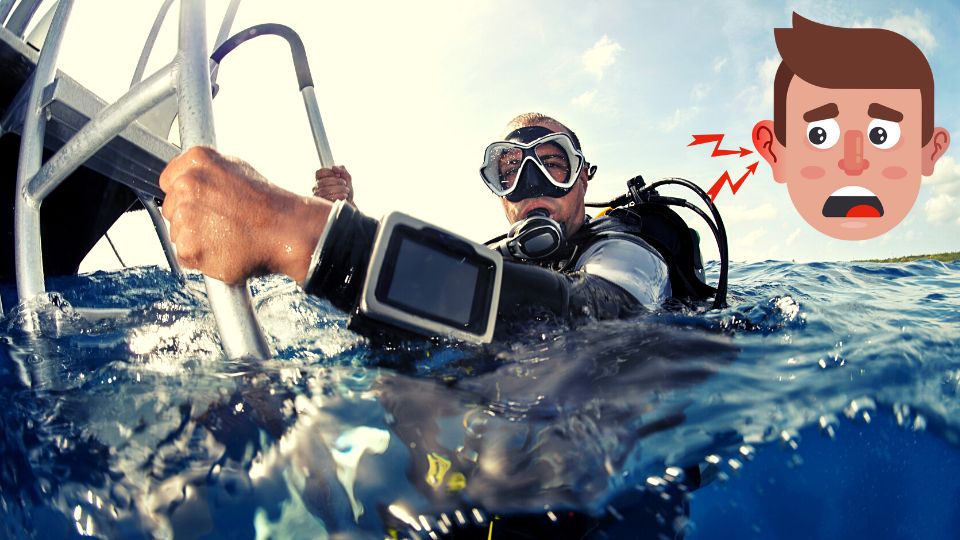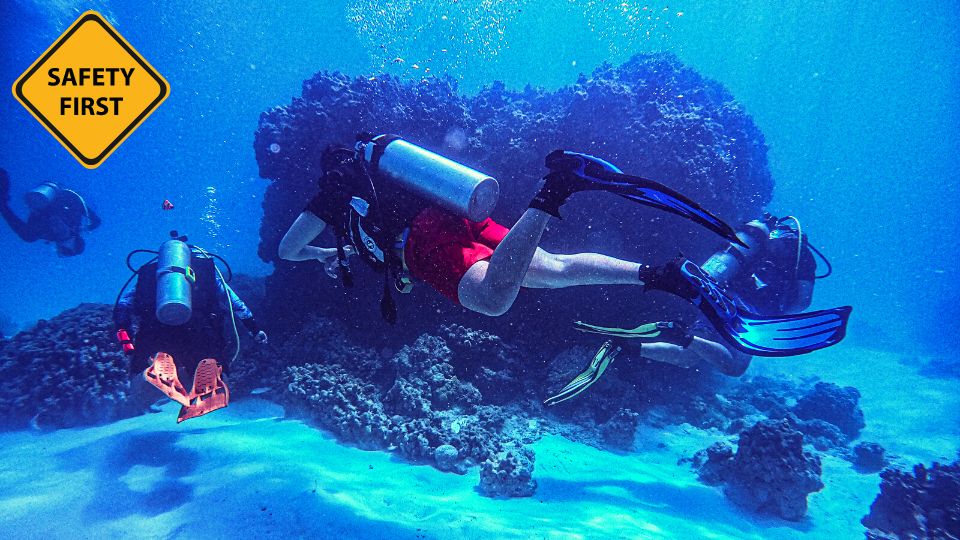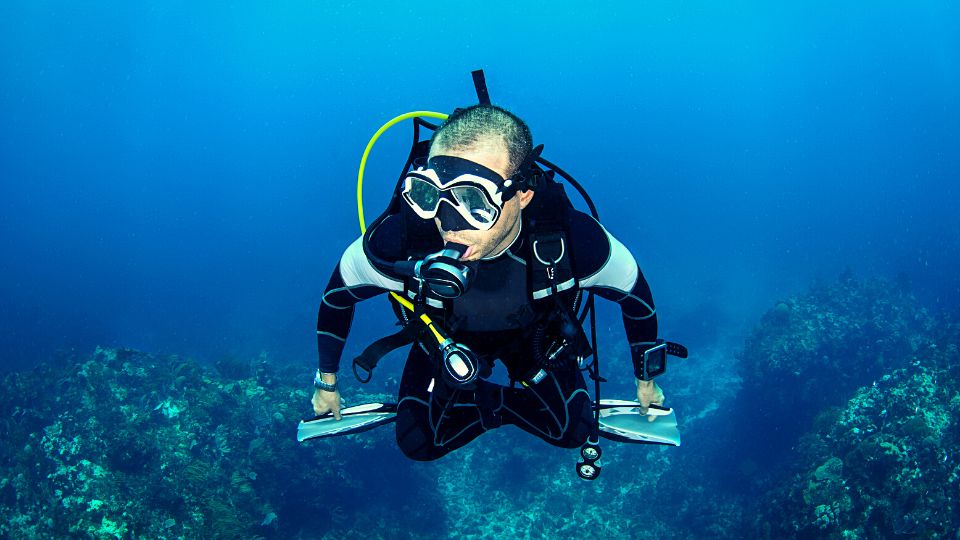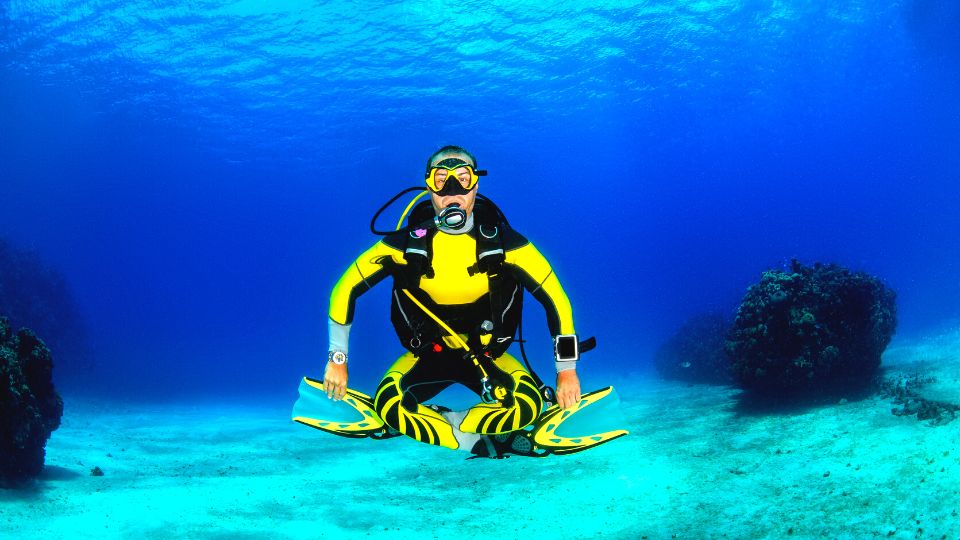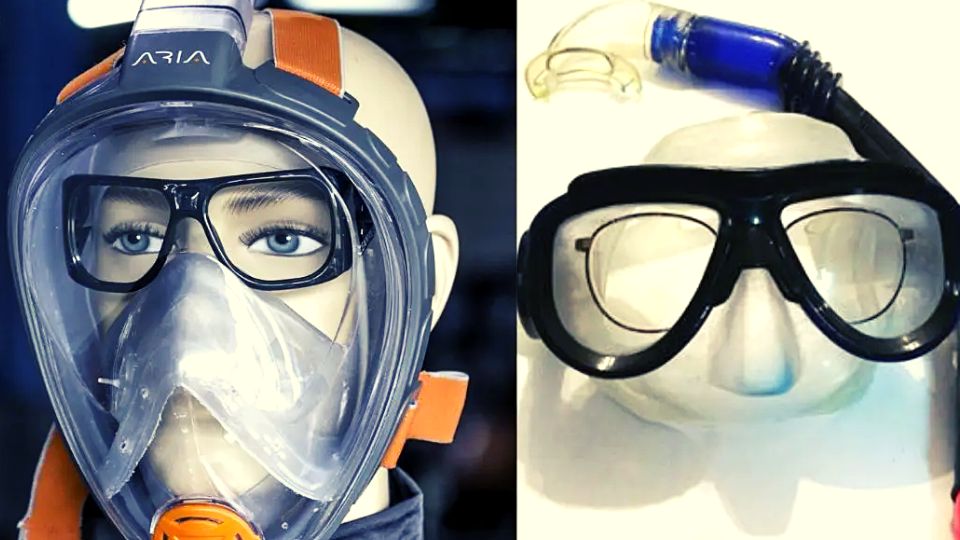Clearing your ears is an essential skill for any scuba diver. The pressure underwater can cause discomfort or pain in the ears if not equalized properly.
Fortunately, there are various methods to clear your ears and alleviate the discomfort. In this article, we will discuss the top 10 ways to clear your ears after scuba diving.
Yawning
Yawning is a natural and easy way to equalize the pressure in your ears. When you yawn, the muscles in your inner ear contract, which can help to open up the Eustachian tubes and allow air to flow through. Yawning can also help to relax your jaw muscles, which can be helpful if you’re feeling tense during a dive.
If you’re having trouble yawning, try taking a deep breath and then exhaling slowly, as if you were trying to blow up a balloon. This can sometimes help to trigger a yawn and open up your Eustachian tubes.
Chewing gum
Chewing gum is another way to help equalize the pressure in your ears. When you chew gum, you produce more saliva, which can help to activate the muscles in your inner ear and open up your Eustachian tubes.
Chewing gum can also help to relax your jaw muscles and reduce tension in your face and neck, which can be helpful during a dive. Just be sure to choose a sugar-free gum to avoid any potential dental problems.
Valsalva Maneuver
The Valsalva maneuver is the most common method for equalizing the pressure in the ears. To perform this technique, pinch your nostrils shut, close your mouth, and gently blow out through your nose. This action will force air into your middle ear, equalizing the pressure with the outside environment. It is important to perform this maneuver frequently throughout the dive to prevent discomfort and damage to the ears.
Toynbee Maneuver
The Toynbee maneuver is another popular method for equalizing the pressure in the ears. To perform this technique, pinch your nostrils shut and swallow while keeping your mouth closed. Swallowing causes the Eustachian tubes to open, allowing air to flow into the middle ear and equalize the pressure.
Frenzel Maneuver
The Frenzel maneuver is a more advanced method for equalizing the pressure in the ears. To perform this technique, pinch your nostrils shut, close your mouth, and force air from your throat into your nose while simultaneously swallowing. This action will force air into the middle ear more quickly and effectively than the Valsalva or Toynbee maneuvers.
Low-Pressure Mask
Using a low-pressure mask can also help to equalize the pressure in the ears. These masks have a one-way valve that allows air to escape, reducing the pressure inside the mask. This technique is especially useful for divers who have trouble equalizing their ears.
Stay Hydrated
Staying hydrated is essential for proper ear equalization. Dehydration can cause thickening of the mucus in the Eustachian tubes, making it more difficult to equalize the pressure. Drinking plenty of water before and after the dive can help to prevent this.
Avoid Smoking
Smoking can also make it more difficult to equalize the pressure in the ears. Smoking can cause inflammation of the Eustachian tubes, making it harder for them to open and close properly. Avoiding smoking before and during the dive can help to prevent discomfort and damage to the ears.
Use Ear Drops
Using ear drops can also help to alleviate ear discomfort and make equalization easier. These drops can be purchased at most scuba diving stores and contain a special formula that helps to lubricate the Eustachian tubes, making it easier to equalize the pressure.
Seek Medical Attention
If you are experiencing pain or discomfort in the ears after scuba diving, seek medical attention immediately. These symptoms can indicate a more serious condition, such as a ruptured eardrum or middle ear barotrauma. Prompt medical attention can help to prevent permanent damage to the ears.
Ways to avoid getting ears blocked while scuba diving
Here are a few more ways to avoid getting ears blocked while scuba diving:
- Descend feet first: Descend slowly and carefully with your head tilted slightly forward, and try to descend feet first. This can help equalize the pressure in your ears more easily.
- Wait and descend slowly: If you feel any discomfort or pressure in your ears, stop descending and wait a few moments. Take a few deep breaths and try to relax. Then, continue your descent slowly and carefully.
- Equalize often: To prevent pressure from building up in your ears, try to equalize frequently, especially during the first few meters of your descent. This will help keep your Eustachian tubes open and your ears free from pressure.
- Avoid congestion: Try to avoid diving if you have a cold, flu, or other respiratory infection, as this can cause congestion in your sinuses and make it more difficult to equalize the pressure in your ears.
- Practice relaxation techniques: Stress and anxiety can make it more difficult to equalize the pressure in your ears. Practice relaxation techniques, such as deep breathing or visualization, to help keep calm and relaxed while diving.
Conclusion
In conclusion, clearing your ears is an essential skill for any scuba diver. Proper ear equalization can prevent discomfort and damage to the ears, so it’s important to practice these techniques before and during every dive. With the right technique, along with proper hydration, rest, and preparation, you can enjoy safe and comfortable dives for years to come.

